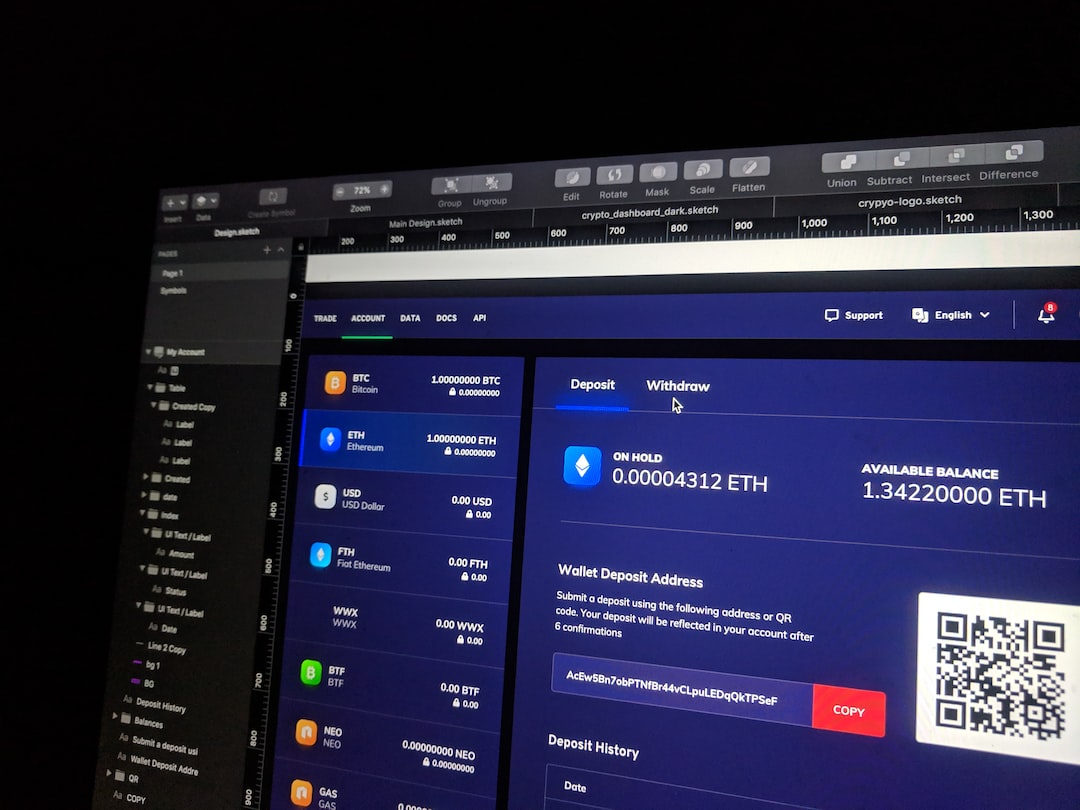The Resilience of Cryptocurrencies in the Israel-Hamas Conflict
The Israel-Hamas conflict has been a long-standing geopolitical issue that has captured global attention. However, one area that seems unaffected by this contentious conflict is the cryptocurrency sector. While the conflict impacts the lives of many, cryptocurrency remains largely detached from its influence.
The Escalation of the Conflict
The conflict escalated significantly as Gaza militants launched a surprise attack early Saturday, resulting in numerous casualties and injuries in both Israel and Gaza. Ongoing fighting and rocket attacks continue to plague Tel Aviv and other areas.
Decentralization And Independence
One of the key reasons why the cryptocurrency sector remains immune to regional conflicts like the Israel-Hamas dispute is its core principle of decentralization. Cryptocurrencies are not controlled by any single government or entity, making them indifferent to political turmoil in specific regions. They operate on a global scale, with their value and utility determined by factors beyond regional geopolitics.
Global Nature Of Cryptocurrencies
Cryptocurrencies are global assets that transcend borders and political boundaries. Their value is determined by factors such as supply and demand dynamics, adoption rates, and market sentiment from around the world. Thus, a regional conflict in the Middle East does not directly influence the broader cryptocurrency market, which is distributed across various countries and continents.
Investment Diversification
Some investors see cryptocurrencies as a way to diversify their investment portfolios. During times of political instability or economic uncertainty, cryptocurrencies may be considered a hedge against traditional financial markets. Consequently, demand for cryptocurrencies may rise during such periods, positively impacting their value.
Increased Adoption
The adoption of cryptocurrencies has seen a significant surge on a global scale. This interest is not limited to individuals alone; businesses and institutions have also recognized the potential of cryptocurrencies. This acceptance reflects the growing recognition of cryptocurrencies as a legitimate and mainstream asset class.
One factor contributing to this adoption is the increasing recognition of cryptocurrencies’ utility beyond speculation. They are being integrated into everyday business operations, offering a borderless and efficient means of conducting transactions and facilitating cross-border trade through blockchain technology.
Conclusion
In conclusion, the Israel-Hamas conflict has limited direct impact on the cryptocurrency sector. The inherent qualities of cryptocurrencies, such as decentralization, global reach, and increasing adoption, insulate them from the effects of regional geopolitical events.
However, it is important to remember that cryptocurrencies are not without risks and uncertainties. Regulatory changes and market volatility pose potential challenges. Therefore, individuals should exercise caution, conduct thorough research, and consider their risk tolerance before participating in the cryptocurrency market.
Hot Take: Cryptocurrencies Remain Unaffected by Geopolitical Conflicts
The Israel-Hamas conflict has once again highlighted the resilience of cryptocurrencies in the face of geopolitical turmoil. While conflicts like these have significant humanitarian consequences, they do not directly impact the functioning and value of cryptocurrencies. The decentralized nature and global reach of cryptocurrencies allow them to remain detached from regional conflicts.
This highlights the unique characteristics of cryptocurrencies that make them appealing to investors seeking diversification and a hedge against traditional financial markets. As adoption continues to grow and cryptocurrencies become more integrated into everyday operations, their resilience in times of conflict may solidify their position as a legitimate asset class.
(Source: NBC News)





 By
By

 By
By


 By
By